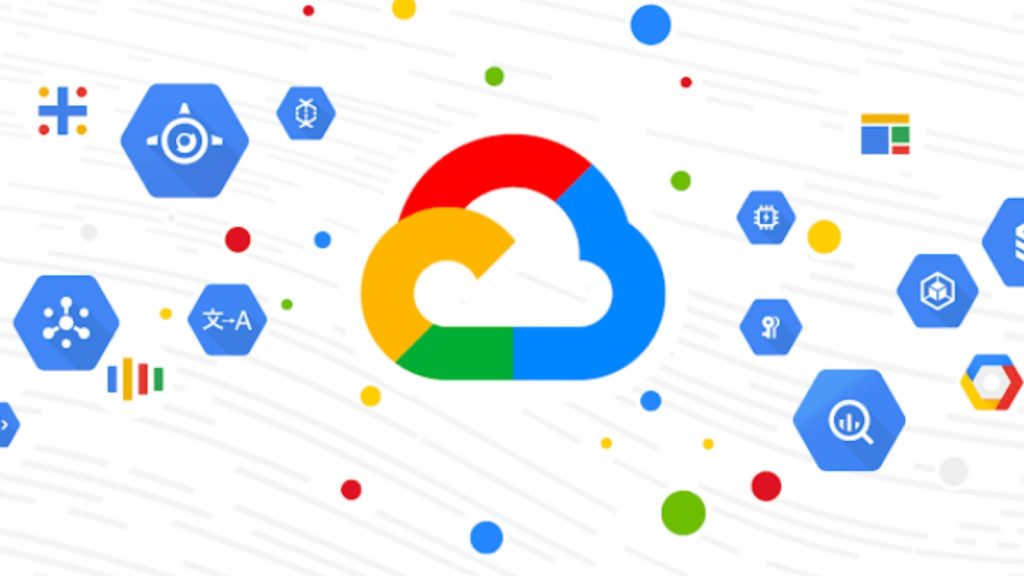Google on Monday announced that Digicloud Africa has become its value-added distributor supporting G Suite and Google Cloud resellers across Africa.
The idea behind the partnership, as Google Africa’s head of Cloud Shai Morgan told reporters on Monday, is to solve specific solutions for the African landscape.
No ad to show here.
Google found it difficult to service countries like Ethiopia itself, as it did not have the business critical mass, Morgan added. The partnership effectively gives the company a broader reach across the continent.
“We want to drive some change,” he added.
Digicloud Africa is then, in effect, a brokerage for Google Cloud, which will support companies in Africa, and work with those customers in various verticals.
The company noted that it’s right now able to service every country in Africa, even if there’s no channel partner in that specific nation.
Digicloud will provide technical skills to companies that perhaps have a full data and analytics portfolio, but not machine learning. The company aims to fill that gap, and a number of others in other scenarios.
A number of companies have been signed up across Kenya and South Africa, Digicloud added, specialising across the likes of analytics and machine learning, as well as infrastructure modernisation, and cloud migration.
“Over the next two years, Digicloud Africa intends to onboard at least another fifty resellers in Africa, which have the specialised skills to address the African cloud market,” said the company’s CEO Gregory MacLennan.
“The company was set up with a world view, not a South African view,” Digicloud founder Adrian Basson told reporters.
Basson, personally, stated that part of his motivations to partner with Google was the latter’s educational clout. His firm also has a number of educational channel partners, he added.
Monday’s news builds on Google Cloud’s expansion into Africa, as the company continues to build its presence in the untapped continental-wide cloud market.
Earlier this year, the firm announced a new fully-funded undersea cable that will connect Cape Town to Lisbon by 2022.
Its push in Africa extends beyond cloud and networking too, including the debut of more “lite” apps in the form of Gallery Go earlier this year.
Feature image: Google Cloud
